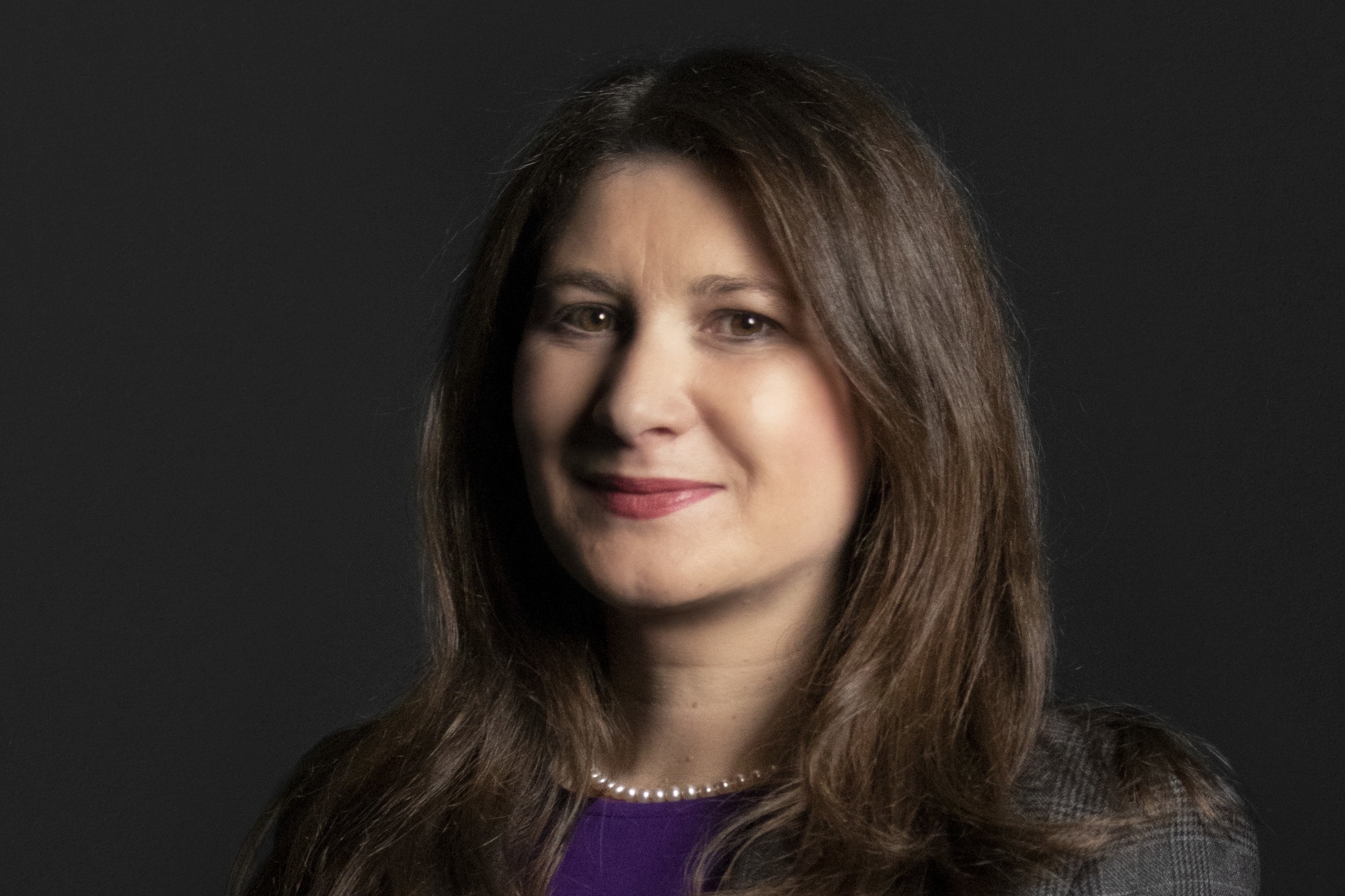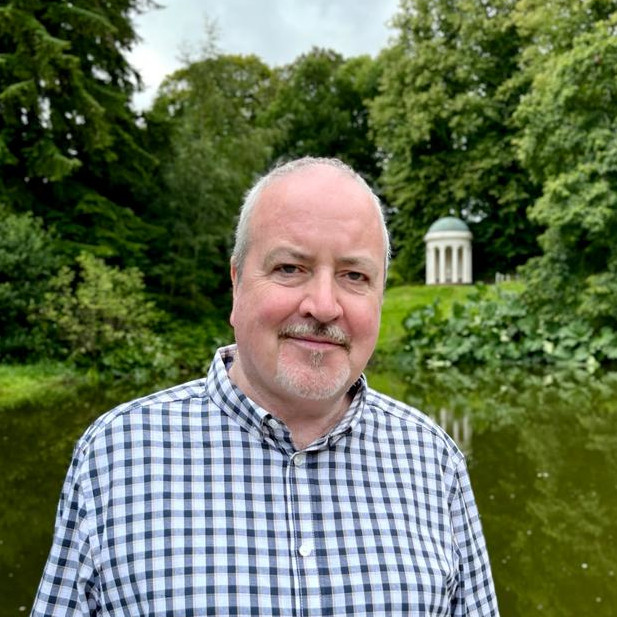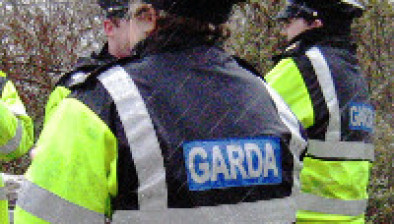Lawyer of the Month: Rachel Stanton

Pictured: Rachel Stanton, country head for Ireland at Simmons & Simmons.
The nature of the law means that major modifications to the status quo come rarely and after long consideration. But while the wheel turns slowly, it’s hard to stop once in motion.
So, when October last year saw the introduction of new legal partnerships — which enable barristers and solicitors to jointly provide legal services for the first time — it was a highly significant milestone and the first firm to swiftly embrace the change was Simmons & Simmons.
The firm believes the model will be particularly favourable in supporting its international arbitration practice and give clients direct access to a team of barristers with skills and experience in handling disputes across multiple jurisdictions.
Rachel Stanton became country head of Simmons & Simmons in Ireland in 2023, having led the firm’s banking and structured-finance practice in Dublin since 2020. She advises some of the world’s largest asset managers and financial institutions on legal issues from multi-jurisdictional transaction work to contentious risk issues and is particularly encouraged by the possibilities the new landscape offers.
“I think we, as a global firm, have always been very conscious of new developments and the need to be agile in the international market,” she says. “And while these partnerships may be different from an Irish perspective, they don’t represent a new concept for us, because we have people with diverse backgrounds working in our offices around the world, so it felt like a natural step for us.”
She also points out that the Irish legal market has become an increasingly crowded and competitive one: “Every law firm needs to be constantly looking for what gives it the edge, what makes it more competitive, what makes it more attractive to clients and for us this seemed like an obvious step in that direction.”
The model has inevitably attracted discussion and concerns — such as that while working directly with an in-house barrister would still allow solicitors to delegate work and develop their business, it comes at the cost of a free choice of counsel.
Rachel believes, though, that it ensures a more cohesive strategy in litigation and arbitration matters, enabling more efficient and effective representation.
“Barristers have specialist knowledge and expertise in specific areas such as litigation and commercial disputes,” she says. “They’re used to being on their feet in court and from a client’s perspective, being able to access all of that expertise in-house, in one team, is a huge attraction which will only enhance our own legal capabilities.”
Her own practice comprises two main elements: debt finance and structured finance. “I think that dovetails quite nicely with being at Simmons & Simmons in terms of the types of clients and the sectors that we operate in,” she says.
These sectors range across asset management, banking, corporate and M&A, financial services to regulatory, real estate, dispute resolution and tax. All have performed differently in recent years and months: “To varying degrees there have been challenges, probably more so on the real estate finance side with real estate having been a bit quieter, which has impacted valuations and pricing.”
She continues: “And while a lot of the M&A activity has been funded through equity, we anticipate over the next six months that that debt will feature more in these deals. On the structured side of the practice though there’s been a huge amount of activity across structured product programmes, with Irish issuers, securitisations and asset-based lending. So that’s still a very active market.”
It’s also something of an esoteric market in which to specialise and Rachel, a native of Co Mayo, says she doesn’t come from a family line of lawyers. “I decided at school that maths, physics and chemistry were not my strongest skills, while I really enjoyed English, history and debating, so law just felt like a more of a natural fit for me,” she explains.
After studying at University College Dublin, she progressed professionally to become partner and head of banking at William Fry before joining Simmons & Simmons five years ago. She also spent two years in Brussels at the European Commission and as a paralegal at Clifford Chance prior to her training.
“It was extremely interesting to see how things work from a European perspective, and I still keep a close eye on European politics as events there are so pivotal and important for Ireland,” she adds. “So many of our industries here are reliant on policies set in Europe.”
She has also benefited from the view on the other side of the Atlantic, taking up a law firm management course at Harvard University in 2018. “It was very exciting to spend time there and I learned a huge amount because as lawyers, we’re not necessarily automatically good managers,” she recalls.
“We all learn so much about how to be good lawyers but in law firm structures, you also need to learn about leadership and the business of managing a law firm. We had some great courses at the Harvard Business School in terms of identifying your practice and the type of firm you want to be — and I discovered that coaching is very important, enhancing your ability and approach as a leader.”
Current events in the US will of course, have implications that range far beyond its own borders.
“What happens in the US will be very interesting for Europe and by extension for Ireland. For example, if President Trump takes a lighter regulatory approach, as he has suggested, this will be in direct contrast with the EU where we are known for a more complex regulatory environment — and of course our ability to understand and regulate complex activities,” Rachel points out.
“There’s lots of new regulation coming down the tracks in relation to AI and digital assets and how that is implemented is going to be interesting — and challenging.”
Her keen interest in international affairs extends beyond the day job, of course. “When we went to the Olympic Games last summer, I didn’t know what to expect — but it was one of the best family experiences that I’ve ever had,” enthuses the supporter of Rhasidat Adeleke from Tallaght, who finished in fourth position in the 400m final.
A love (and a strong belief in the benefits of) of sport extends to Templeogue basketball club in south-west Dublin, where Rachel and her daughter play.
“I think it’s really important for girls to stay involved in sport and I’m inspired by the amazing people who are busy in their jobs but still give up so much of their time, so I was very happy to give back and offer my services as a manager of my daughter’s team as well as play on our Division 5 ladies team,” she says.
Back in work mode, she’s a firm believer in flexible working. “It’s not something I ever had coming up as a trainee or even as a partner and we should maintain that. If one positive thing came out of Covid, it is that people now can work from home, and people recognise that is an important need.”
For her, though, she admits: “Personally, I like being in the office; I get energy from being around people.”
Rachel concludes: “The people management side of the job has changed a lot over the past years and you’re constantly trying to balance wellbeing, with the business needs and client demands.
“And while this is a challenging part of the role for me it’s one of the most enjoyable — alongside business development, connecting with people and meeting clients.”
Looking to the future, the need for lawyers to become technologically proficient to keep pace with rapid advances will be vital, not just in the medium term but immediately.
““Areas such as AI, other digital technology and the demands of ESG are developing fast,” Rachel says. “We need to be able to pivot quickly to deal with those challenges.”











